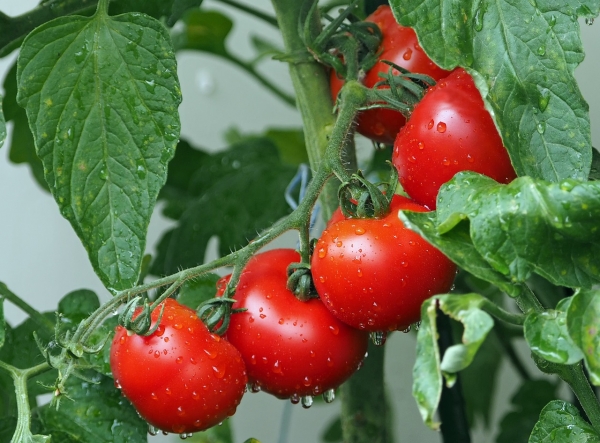Using CRISPR technology, researchers succeed in growing tomatoes that consume less water without compromising yield.
A new discovery by Tel Aviv University has succeeded in cultivating and characterizing tomato varieties with higher water use efficiency without compromising yield. The researchers, employing CRISPR genetic editing technology, were able to grow tomatoes that consume less water while preserving yield, quality, and taste.
The research was conducted in the laboratories of Prof. Shaul Yalovsky and Dr. Nir Sade, and was led by a team of researchers from the School of Plant Sciences and Food Security at Tel Aviv University’s Wise Faculty of Life Sciences. The team included Dr. Mallikarjuna Rao Puli, a former postdoctoral fellow supervised by Prof. Yalovsky, and Purity Muchoki, a doctoral student jointly supervised by Prof. Yalovsky and Dr. Sade. Additional students and postdoctoral fellows from TAU’s School of Plant Sciences and Food Security, along with researchers from Ben Gurion University and the University of Oregon, also contributed to the research. The study’s findings were published in the academic journal PNAS.
The researchers explain that in light of global warming and the diminishing of freshwater resources, there is a growing demand for agricultural crops that consume less water without compromising yield. Naturally, at the same time, because agricultural crops rely on water to grow and develop, it is particularly challenging to identify suitable plant varieties.
Read more at Tel-Aviv University
Photo Credit: kie-ker via Pixabay


